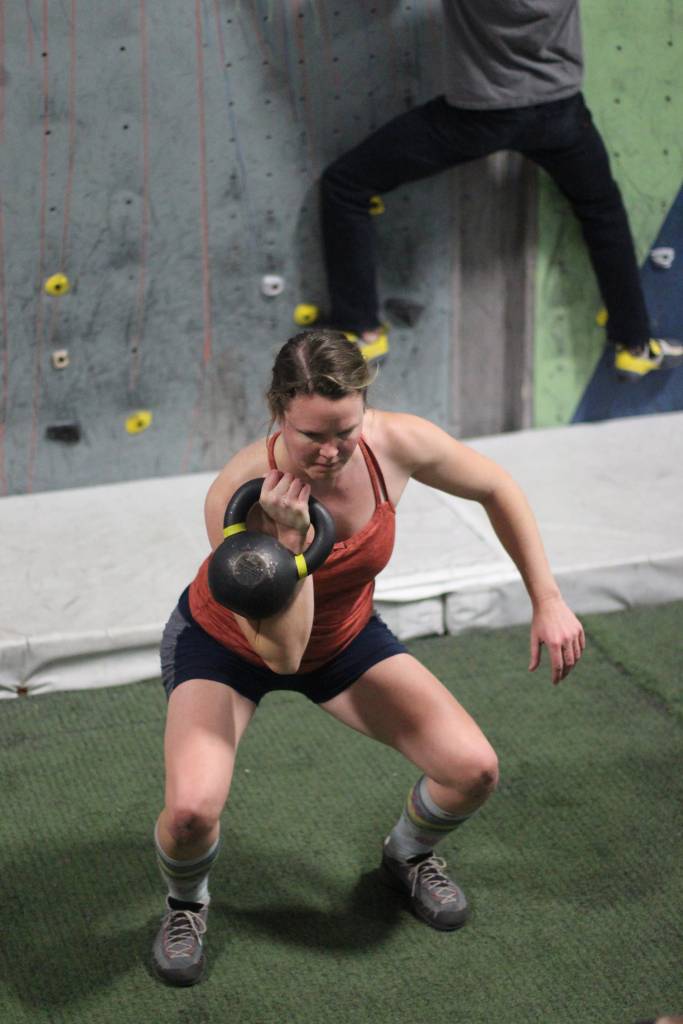We’ve all been there. Life gets busy, motivation dips, or unexpected challenges pop up—and suddenly your workouts, meal prep, or daily movement fall to the bottom of the list. Maybe you or your kids were sick, so you missed a week at the gym, which turned into a month. Maybe your nutrition habits slipped, or stress has taken over your energy. That’s when it feels like your fitness routine has completely fallen apart.
First, let’s get one thing clear: it’s normal. Falling off your fitness routine does not mean you’ve failed. It just means you’re human. The real power lies in how you choose to move forward.
1. Give Yourself Grace
Before anything else—pause and breathe. Beating yourself up won’t help (I know from experience). Progress in health and fitness isn’t going to be a straight line; it’s filled with peaks and valleys. The “slow” seasons are part of the process. Giving yourself grace allows you to release guilt and approach the reset with a clear head.
Think of it this way: you didn’t lose all your progress because of a few off weeks or even months. What matters is consistency over the long haul and being excited to make time for your fitness routine again.
2. Start Small, Start Simple

When you’re ready to ease back in, don’t overwhelm yourself by trying to do everything at once. Instead, focus on small, realistic steps:
- Go for a walk after dinner or at lunch.
- Commit to three gym sessions this week and add more if you feel up for it! The DOMS are real when jumping back in—don’t burn out in the first week.
- Write down or track on an app what you’re eating. This doesn’t mean you need to count calories or go into a full deficit right now—simply seeing how much and what food choices you’re making during the day helps you be more mindful.
Momentum builds through small wins—and those small wins add up faster than you think. Small adjustments like these are the foundation for rebuilding your fitness routine step by step.
If you’re stuck working a desk job, this article, “Desk Job Fitness Hacks: How to Stay Healthy with a 9-5” can give you actionable ideas to move more during the day.
3. Reconnect With Your “Why”
Ask yourself: Why did I start this journey in the first place?
Was it to feel stronger? To keep up with your kids? Manage stress? To gain confidence? To be a better athlete? Simply to feel better about what you see in the mirror? ALL of these reasons are valid and can drive that motivation.
Revisiting your personal “why” will remind you that this isn’t just about workouts or macros—it’s about building a life you feel good living. Having a strong “why” makes sticking to your fitness routine more meaningful and sustainable.
If you’re trying to find confidence and strength in your path, you might enjoy “Personal Training or Group Classes? Find the Best Way to Feel Strong and Confident.”
4. Build Accountability
Accountability can make all the difference when restarting. Share your goals with a friend, join a group class, or check in with a coach who can support your comeback. Sometimes, knowing someone else is rooting for you gives you the push you need on days motivation feels low.
Even a simple check-in system—like texting a buddy after each workout—can help keep your fitness routine on track until consistency becomes second nature again.
For insights on how recovery matters, check out “How Climbing Less Will Actually Make You Stronger” — sometimes stepping back helps you move forward.
5. Celebrate Progress, Not Perfection

Every time you choose to move your body, fuel it well, or prioritize rest—you’re making progress. Don’t dismiss the “small stuff.” Perfection isn’t the goal; showing up consistently, in whatever way you can, is.
Falling off track doesn’t mean the journey is over. It’s just a pause, and you get to decide how and when to press play again. Give yourself grace, start small, and remember that lasting health is built over months and years, not days and weeks.
The truth is, your fitness routine doesn’t have to be perfect—it just has to be consistent enough to keep moving you forward.
Want inspiration from others’ lessons? “5 Important Lessons Learned from Hiking in the Rockies” serves as a poignant reminder that even the most rugged terrain can teach resilience.

